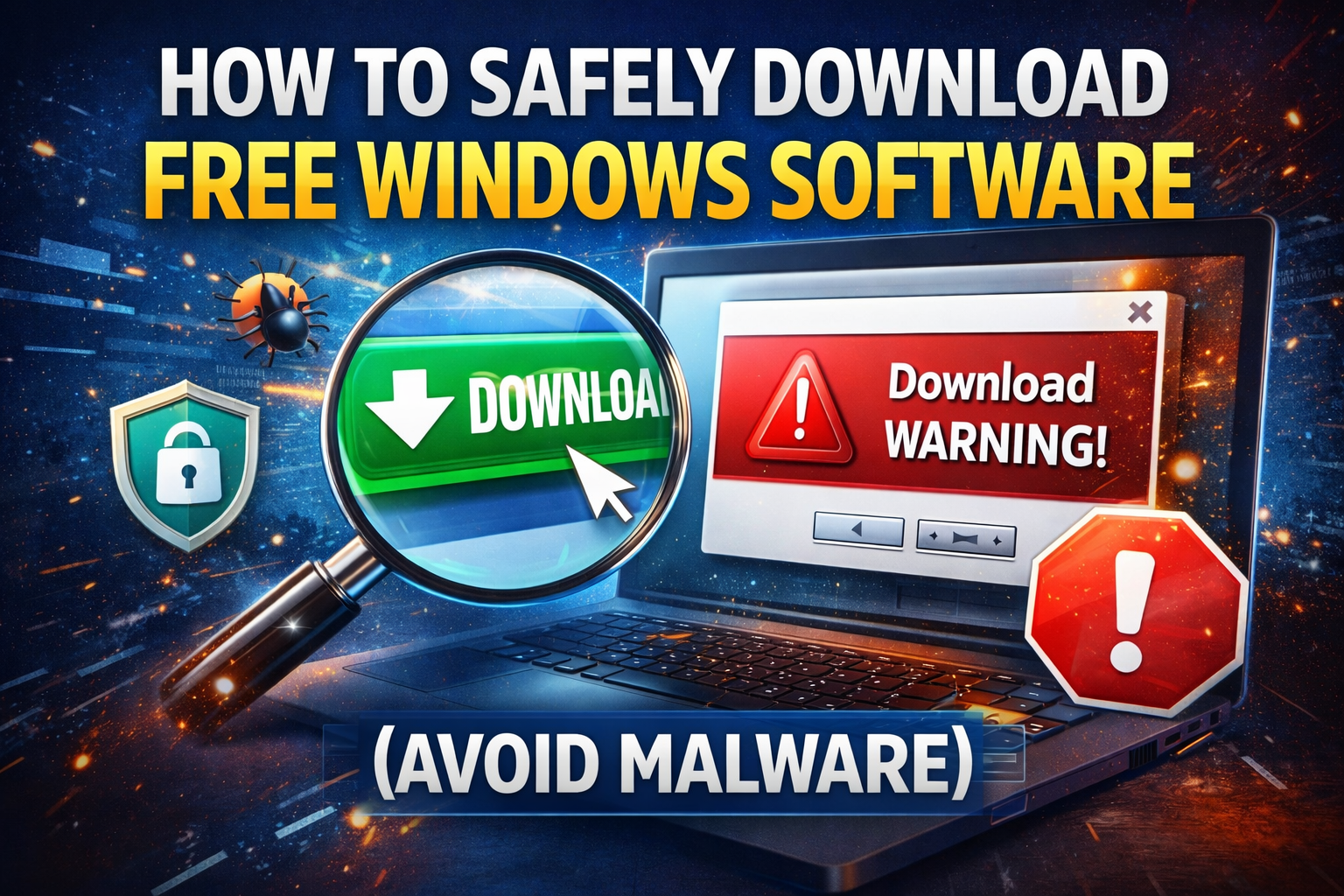

Additional Information
High quality, physically-based shading in production rendering!
| Version | Corona Renderer 11 (for 3ds Max) |
| Requirements |
Windows 7/Windows 8/Windows 10/Windows 11 |
| Updated | January 17, 2024 |
| Author | Chaos Czech a.s. |
| Category | Imaging and Digital Photo |
| License | Demo |
| Language | English |
| Download | 674 |
Overview
It delivers predictable, reliable, and physically plausible results with no compromises in quality. Realistic lighting and materials are yours right out of the box. For further control, you can choose to disable caustics for individual Corona Lights and render caustics to their own Render Element for manipulation in post-processing. Caustics also respect the include/exclude lists of Corona Lights.
No–one calls themselves a “3D Technician” – everyone rightly calls themselves a 3D artist, and that means your tools should be as close to invisible as possible so they don’t get in the way of your creativity.
Speed is an important factor in any production environment, and a renderer must always deliver results as fast as possible. CoronaRenderer uses Intel Embree Ray Tracing Kernels, making the CPU–only Corona as fast as many GPU renderers but without any of the limitations of GPU–based solutions.
What's included
- Corona Renderer, which integrates into your 3D software (varies by the installer)
- Corona Distributed Rendering Server (3ds Max; for Cinema 4D, native Team Render is used)
- Corona Licensing Server
- Corona Image Editor
- Corona Standalone
- Corona Material Library
Take a look at how much control you have over your final render with the list of effects below:
- Exposure – Controls the overall exposure of the image.
- Highlight Compression – Compresses highlights in the image to reduce/remove burned-out areas.
- White Balance – Controls the white balance of the image.
- Contrast – Adjust the contrast of the image.
- Saturation – Controls the overall color saturation.
- Filmic highlights – Controls a subtle highlight compression without loss of color saturation.
- Filmic shadows – Controls the richness/saturation of shadows in the image.
- Vignette intensity – Applies a subtle, realistic vignette.
- Color tint – Adjust the overall color tint of the image.
- Curves – Further fine-tune the tone mapping, using custom curves with histogram.
- LUTs – Allows quickly changing the overall look of the image by applying one of many ready-made LUTs. The strength of the LUT effect can be controlled using the LUT Opacity so that it is not “all or nothing”. A variety of LUTs is provided along with Corona.
- Bloom & Glare – Bloom is a large, soft glow around bright areas in the image, while Glare is a small, sharp glow with adjustable rays around bright areas. The color of these effects can be adjusted using the Color Intensity and Color Shift parameters.
- Sharpening/Blurring – This first blur an image and then sharpens it, useful to remove “pixel–perfect” noise and give a more photographic look to the final image.
- Denoising – If Denoising was enabled, this allows you to blend between the fully Denoised image and the raw render.
If you are looking for Corona Renderer alternatives, we recommend you to download Autodesk Mudbox or ZBrush.
Note: These are the latest commercial releases of Corona Renderer. They come in a universal installer which lets you activate Corona in both FairSaaS and Box license mode, or in the 45-day unlimited demo mode if you want to just try out Corona. The demo has no resolution limitations or watermarks, and you can even use it for commercial purposes.










No comments yet. Be the first to comment!